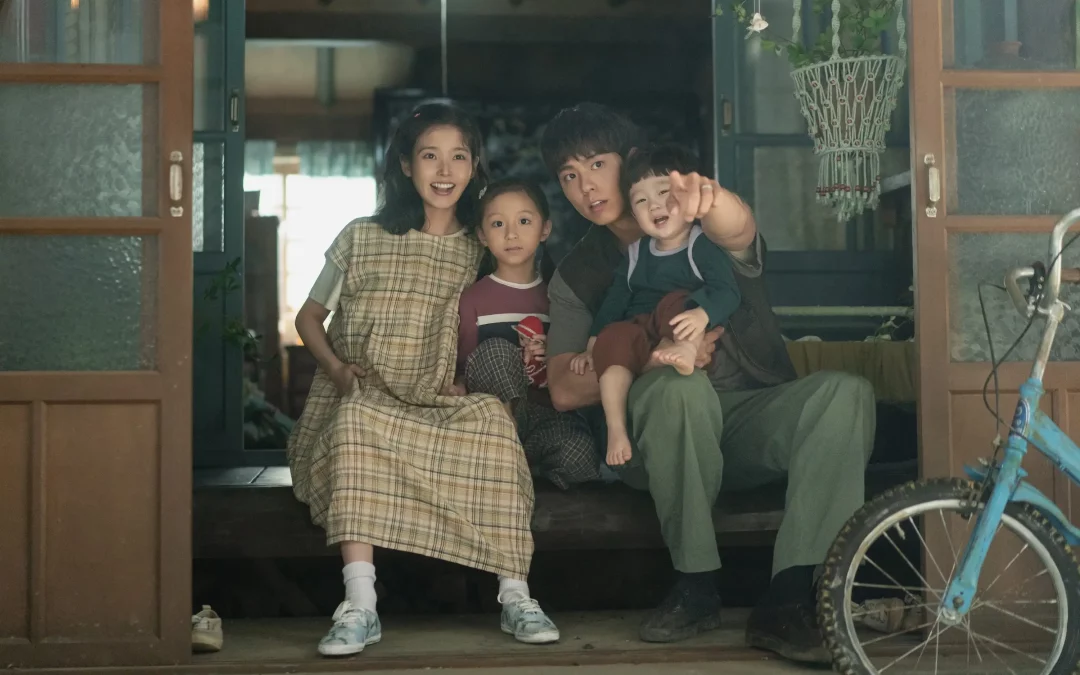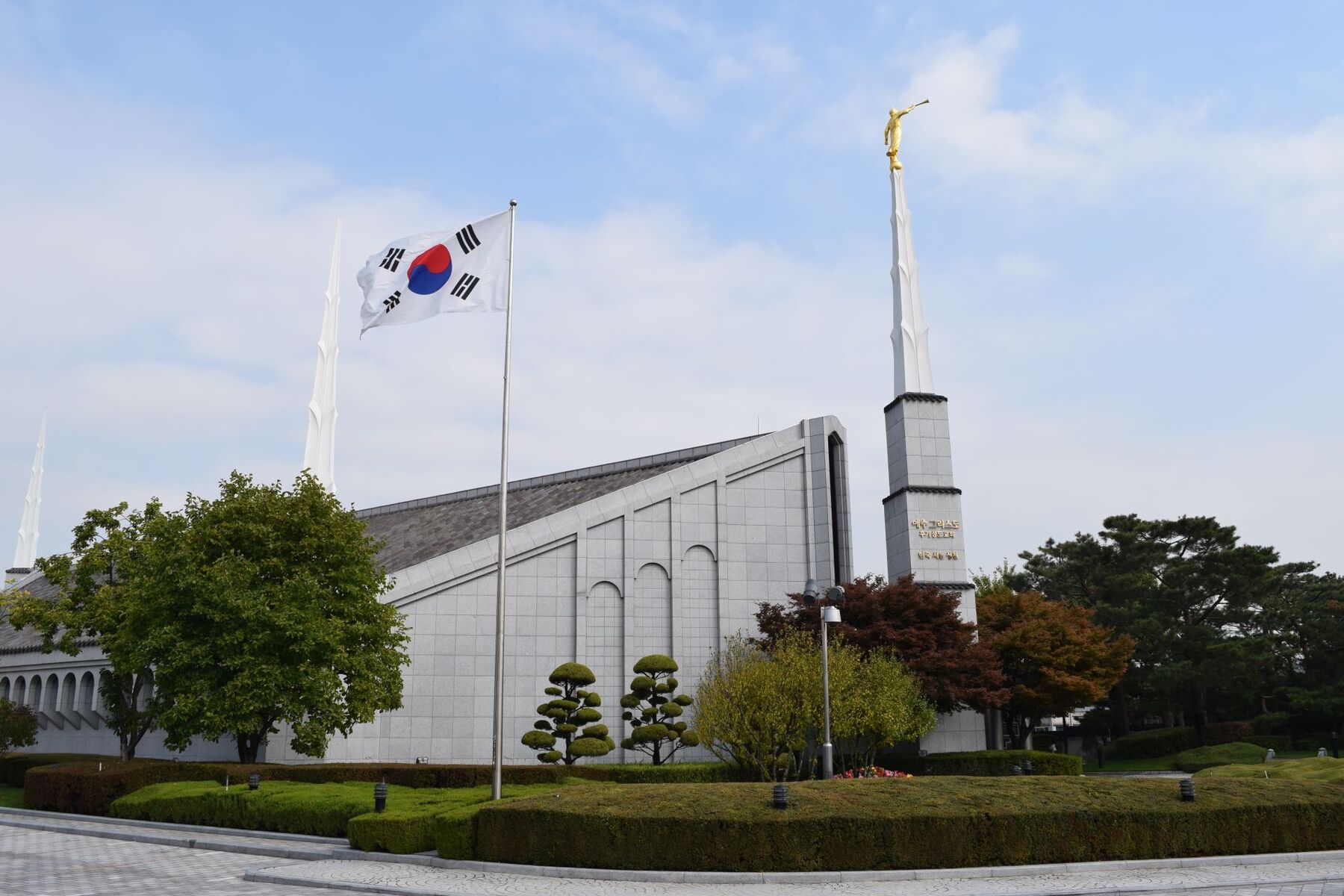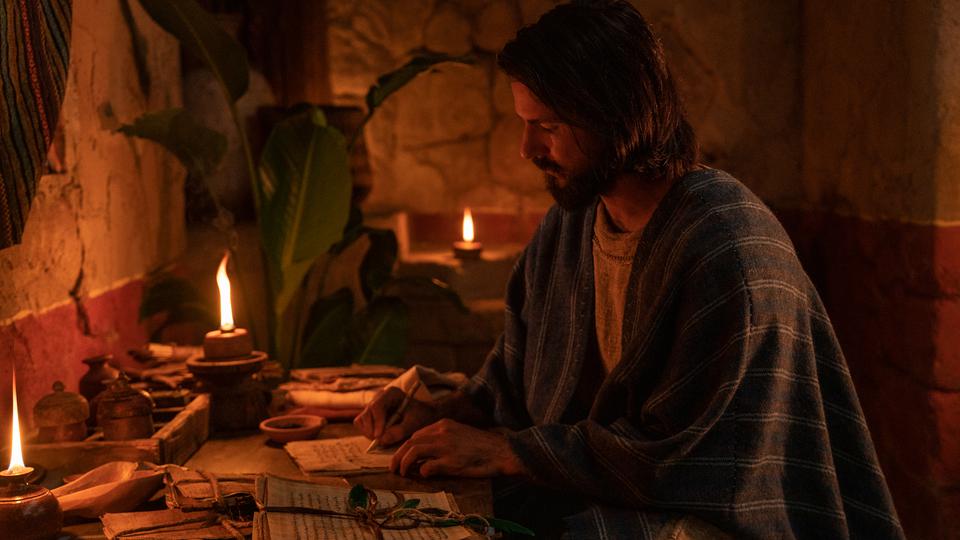There are stories that move through time with thunder—loud, urgent, insistent. And then there are stories like When Life Gives You Tangerines, which slip into the heart like an old memory, soft but indelible. Set against the rugged beauty of Jeju Island, the series unfolds not through twists of fate or dramatic declarations, but through the slow, steadfast rhythm of ordinary family life. It does not ask to be marveled at. It asks to be remembered. And in doing so, it offers one of the most profound reflections on family—what it demands of us, what it gives back, and what it means to stay.
At the center of the story is Ae-sun, a girl of impossible brightness born into a world that offers her little. She dreams not of riches or escape, but of becoming a poet—something pure, something her own. Yet her childhood in 1950s Jeju is hemmed in by hunger, tradition, and the quiet tyranny of expectation. Played with astonishing emotional precision by IU, Ae-sun becomes a portrait of resistance lived through small choices: the way she stares down authority, the way she laughs too loudly, the way she dares to hope. As she grows into womanhood, her fire does not go out, but it dims—not from failure, but from love, from motherhood, from the daily act of giving herself away to others.
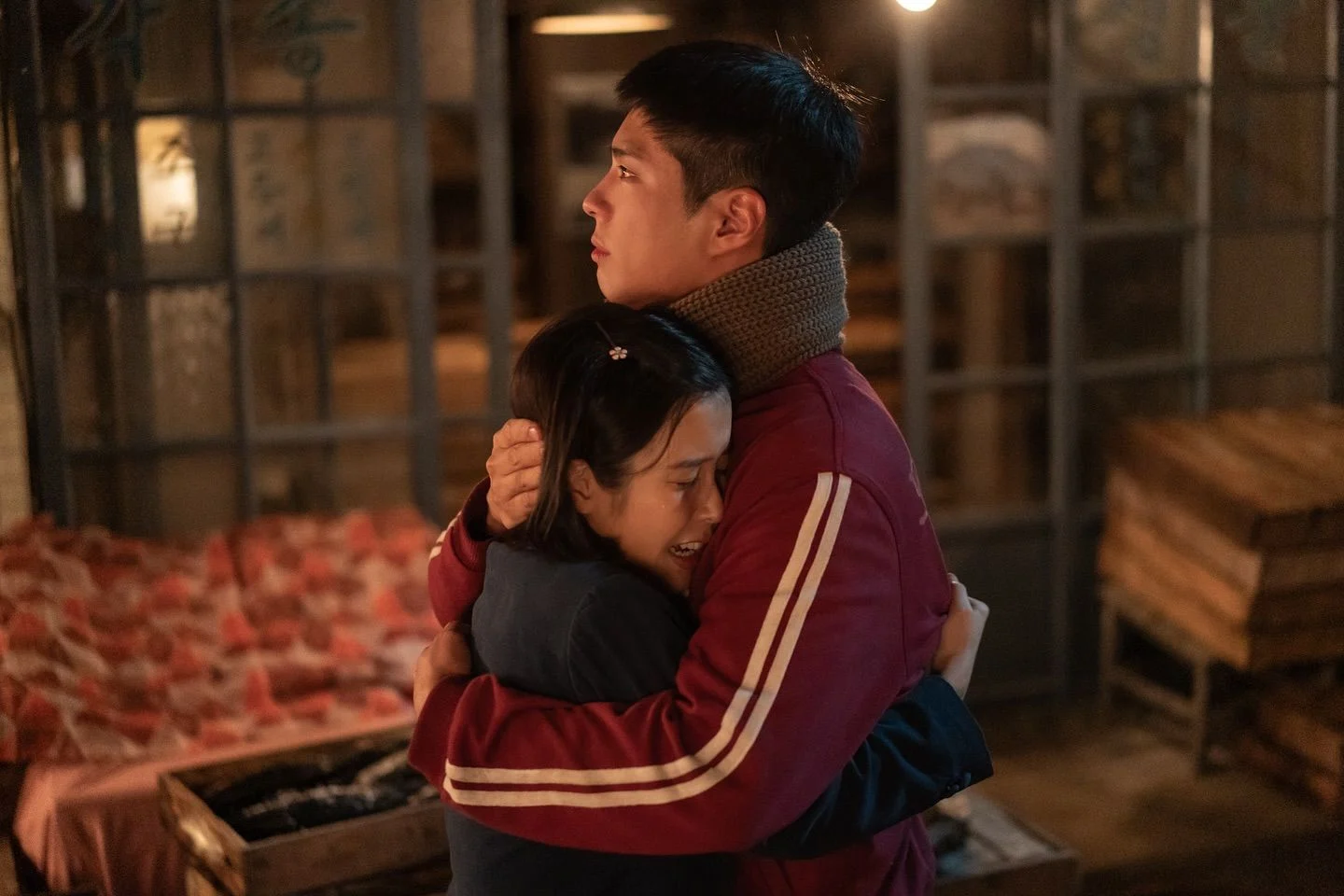
Gwan-sik, the boy who watches her from afar and later becomes her husband, is her opposite in almost every way. He does not dream aloud. He simply endures. Played with stoic warmth by Park Bo-gum, Gwan-sik embodies the kind of love that doesn’t shout or chase but stays. He is the man who works without praise, who listens without interrupting, who loves in actions so quiet they might be missed. And yet, it is his quiet that holds the family together. In a world that measures success in ambition and speed, Gwan-sik is a reminder that love, in its truest form, may look a lot like faithfulness—silent, constant, unshaken.
Time moves like the sea breeze in this story—sometimes gentle, sometimes sharp, always forward. We see Ae-sun and Gwan-sik raise children, bury parents, lose things they never thought they’d lose, and keep going. Their daughter, Geum-myeong, narrates the series in reflection, looking back on her parents’ lives not with pity or judgment, but with a growing reverence. In her telling, we see how children often come to understand their parents too late—only when we’ve left the house, only when we’ve stumbled, only when we realize the life they gave us was carved from the life they never got to live. The family story becomes, in her voice, a hymn to sacrifice, and to the silent legacies we inherit.
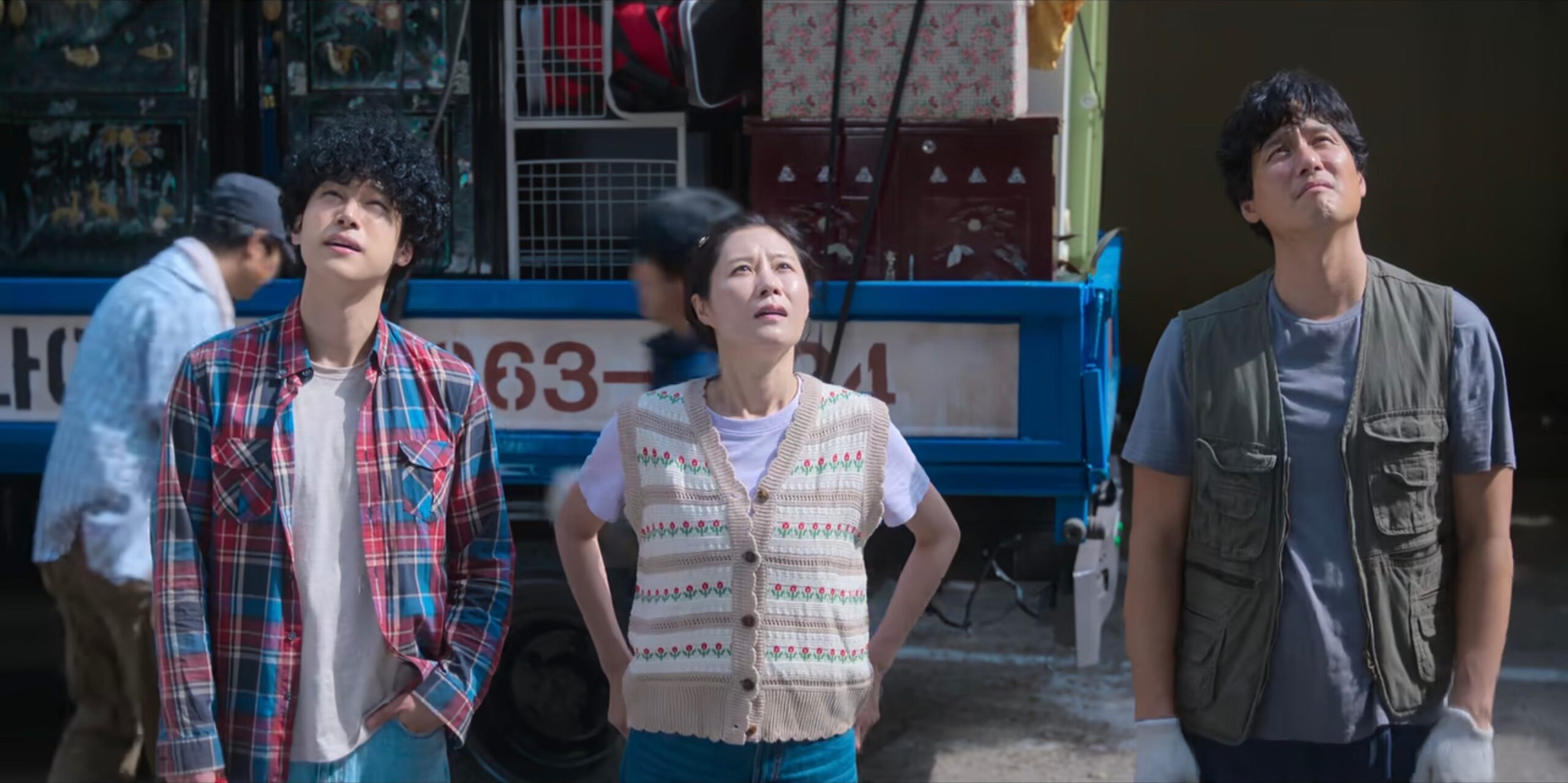
What makes When Life Gives You Tangerines extraordinary is not its plot, but its posture. It bows its head in reverence to the unseen labor of family. There are no villains here, only people doing their best with the tools they’ve been given. The drama pays attention to the smallest details—the way Ae-sun peels fruit for her children even when she’s too tired to eat, the way Gwan-sik fixes the roof without being asked. These acts, so easy to overlook, are the very threads that hold the family together. It understands that love often wears the face of duty, and that devotion is not measured in words but in repetition—waking up, staying home, coming back.
And always, there are the tangerines. Grown in rocky soil and kissed by wind, they are both offering and symbol. In many scenes, they are peeled with care, shared without ceremony, eaten in silence. The fruit becomes a metaphor not only for resilience but for the sweetness that comes only after bitterness. Families, like tangerines, do not ripen easily. They take time. They bruise. And yet, when they finally bear fruit, it is a sweetness unlike any other.
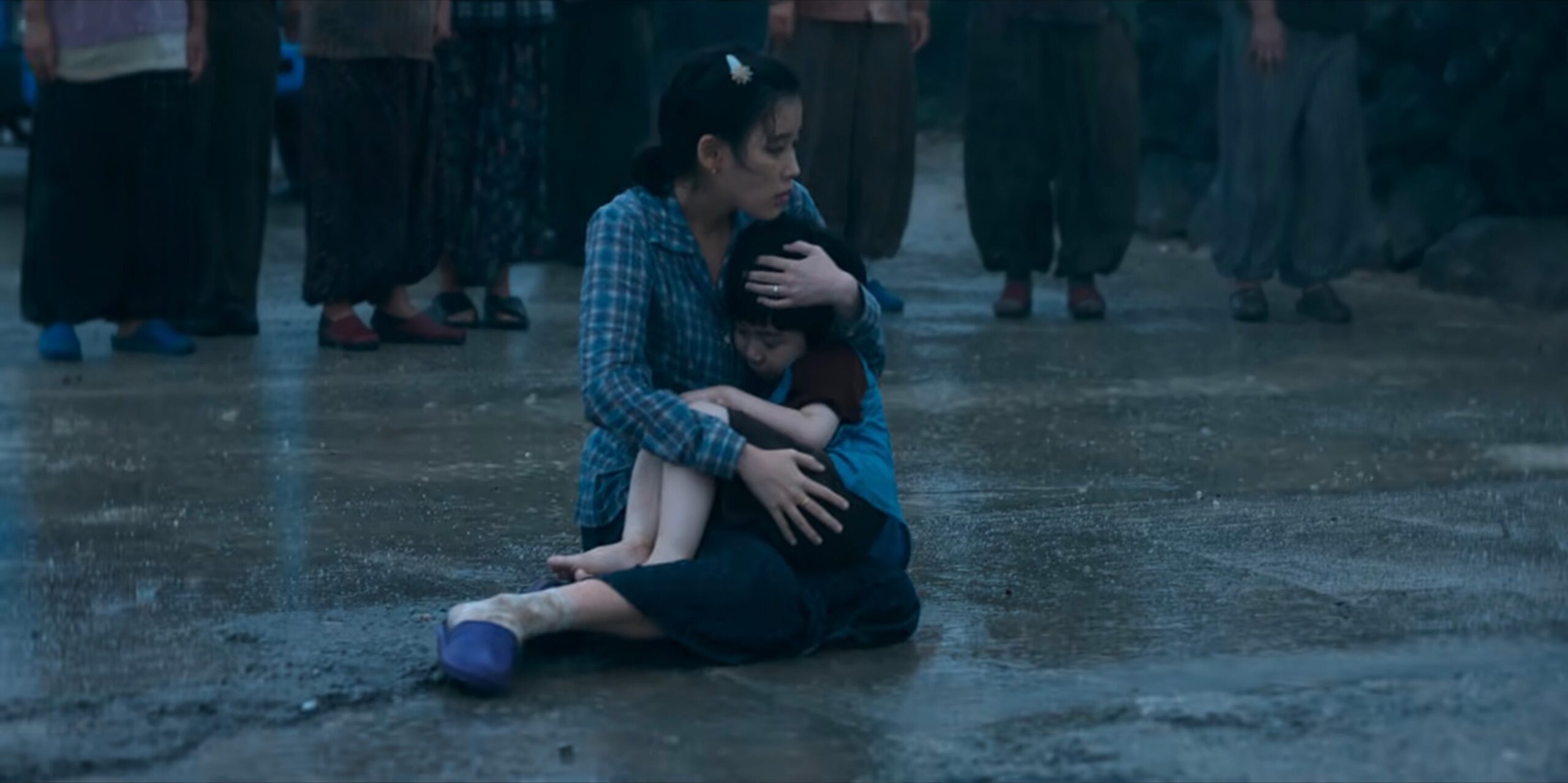
By the final episode, titled with aching simplicity—“Here’s to All You’ve Been Through”—we are no longer watching just Ae-sun and Gwan-sik. We are watching ourselves. Our mothers whose names we barely knew outside the kitchen. Our fathers who drove quietly through rain and didn’t say why. Our grandparents who left whole lives behind so that we might have more choices than they did. The drama becomes a mirror, and in it, we see the cost of love, the grace of endurance, and the beauty of lives lived not for greatness, but for each other.
When Life Gives You Tangerines does not teach us how to win, or even how to dream. It teaches us how to stay. It teaches us that family is not made perfect by love, but shaped by the repeated choice to give, to forgive, to return. And that sometimes, the most radical thing we can do in this world is to hold each other through it.
Latest posts by Moroni Channel News (see all)
- Church of Jesus Christ donates furnishings for new LaSalle women’s shelter supporting women and children fleeing violence - January 12, 2026
- Temple Square Mission to be discontinued - January 10, 2026
- Dieter F. Uchtdorf named acting President of the Quorum of the Twelve Apostles - January 8, 2026
- Rexburg LDS Churches increase security amid reports of men trespassing for sexual acts - January 8, 2026

